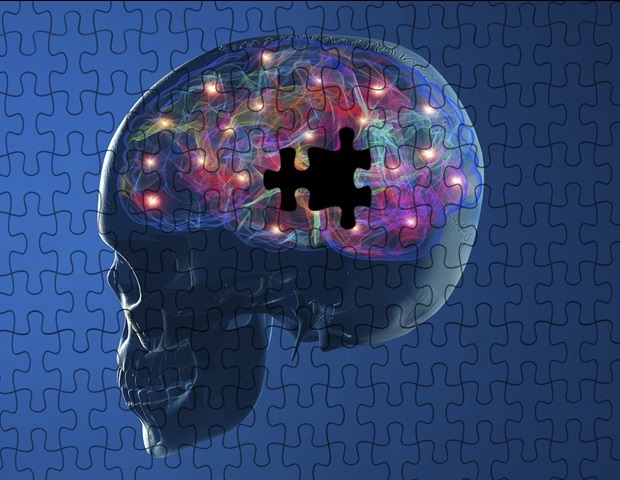In today’s fast-paced world, skipping breakfast has become a common habit—especially among students, working professionals, and those trying intermittent fasting. But what many people don’t realize is that skipping your morning meal can affect your brain and body negatively. Multiple studies and nutrition experts now suggest that consistently skipping breakfast may disrupt metabolism, harm cognitive function, and even increase the risk of long-term health issues.
What Happens When You Skip Breakfast?Breakfast is often called the "most important meal of the day," as after fasting overnight, your body wakes up in need of nutrients to refuel and restart essential functions. When you skip breakfast, your body continues to operate in a fast state, which can be harmful. According to a 2021 review published in Nutrients, skipping breakfast is linked to increased insulin resistance, blood sugar instability, and even elevated cholesterol levels.

It can also increase the risk of Type 2 diabetes and heart disease in the long run. Impact on Brain Function and MoodOne of the most immediate effects of skipping breakfast is reduced brain performance. Your brain runs on glucose, and after hours of sleep, it needs replenishment.
Without breakfast, cognitive tasks such as concentration, memory, and decision-making can suffer. A study in the American Journal of Clinical Nutrition found that children and adolescents who ate breakfast regularly had better memory recall, attention spans, and academic performance compared to those who skipped it. Adults are not immune to these effects.
People who miss breakfast often report feeling sluggish, irritable, or anxious by mid-morning. Dr Uma Naidoo, a nutritional psychiatrist at Harvard Medical School, explains that skipping breakfast can lower serotonin levels in the brain, which affects mood regulation and increases stress. “Food is information for the brain,” she says.
“Skipping meals, especially breakfast, can result in mood swings and fatigue due to blood sugar dips.” Disrupts Metabolism and Weight RegulationContrary to the belief that skipping breakfast helps with weight loss, research shows it might do the opposite. When you delay your first meal, your body goes into conservation mode, slowing down your metabolism to preserve energy.
Later in the day, this often leads to overeating or craving high-calorie, high-sugar snacks. A 2020 study published in the Journal of Clinical Endocrinology and Metabolism revealed that participants who ate a large breakfast burned twice as many calories throughout the day compared to those who had a big dinner instead. The one who eats breakfast also has better blood sugar control and feels more full.
Moreover, skipping breakfast disrupts your body’s internal clock or circadian rhythm. Your metabolism is naturally more active in the morning, and missing this window can throw off your body’s balance and energy regulation. Potential Long-Term Health RisksSkipping breakfast occasionally might not cause harm, but doing it regularly can build up negative effects.
According to data from the National Health and Nutrition Examination Survey (NHANES), adults who routinely skip breakfast have a significantly higher risk of cardiovascular disease and obesity. Further, missing breakfast may increase levels of cortisol—the body’s stress hormone—raising blood pressure and causing inflammatory responses in the body. Over time, this can contribute to chronic diseases.
What a Healthy Breakfast Should IncludeIt’s important to eat a balanced meal that includes protein, fibre, and healthy fats. Avoid sugary cereals, pastries, or processed foods that can cause an energy crash. Skipping breakfast might save time in the morning, but the long-term costs to your brain and body could be high.
Starting your day with a healthy, balanced meal not only fuels your body but also sets the tone for better focus, energy, and well-being throughout the day. Get Latest News Live on Times Now along with Breaking News and Top Headlines from Health and around the world..
Health

Why Skipping Breakfast Can Mess With Your Brain And Body

Think skipping breakfast is no big deal? Think again! Experts say ditching your morning meal can mess with your brain, slow your metabolism, and even boost your risk of serious health problems like obesity and diabetes. Turns out, your body and brain really need that first fuel-up of the day.















